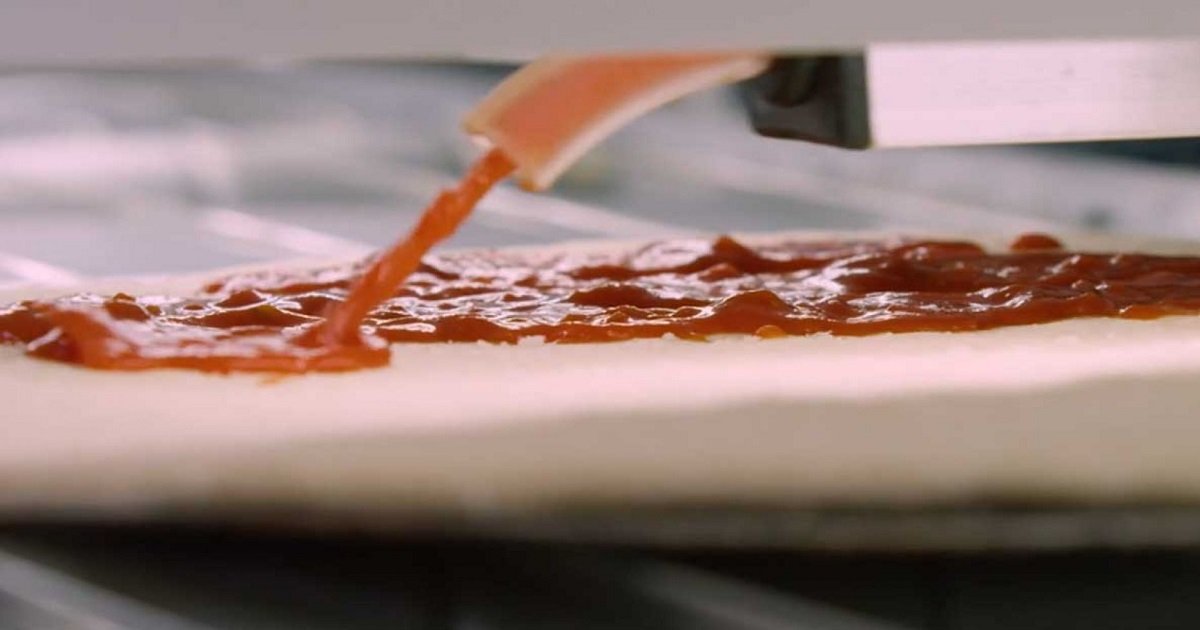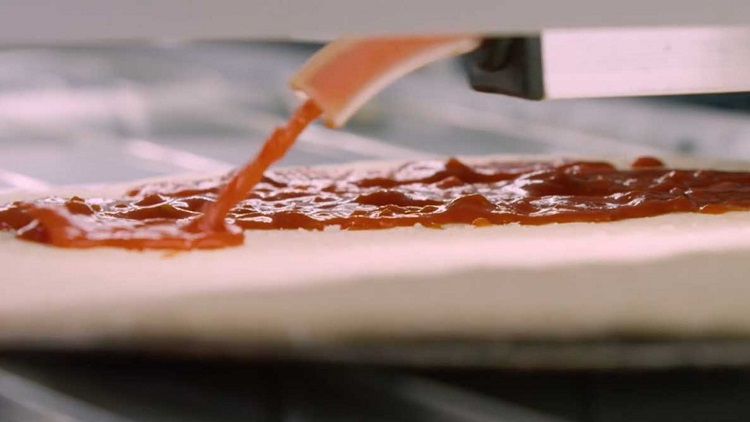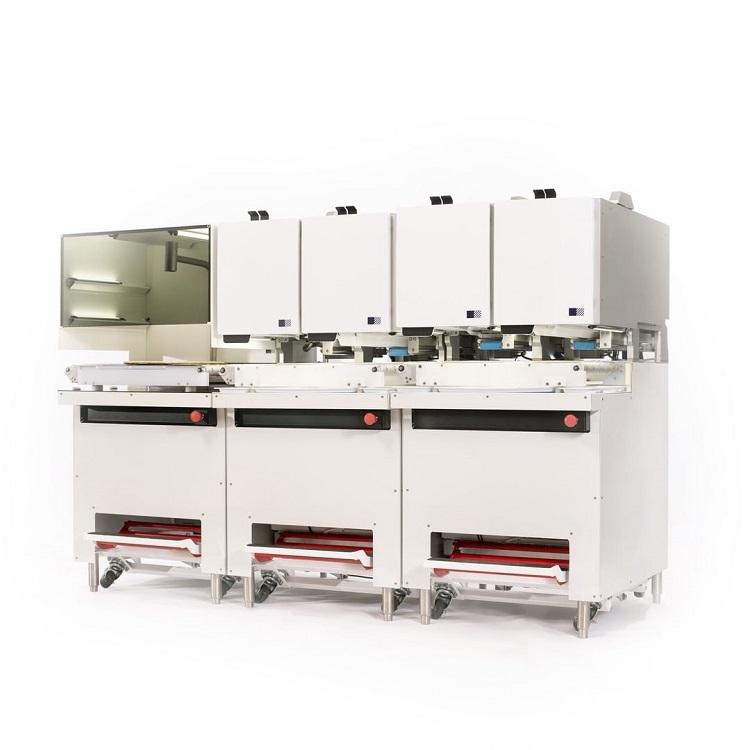If you’ve ever craved a pizza but just can’t bear waiting so long while it’s being made, don’t worry.
A company called Picnic has your back with their new robotic pizza-making machine that they claim can churn out as much as 300 12-inch pizzas per hour.
Watch to find out more of this exciting news below.
[rumble video_id=v5oe2b domain_id=u7nb2]
Video credit: Rumble
The Seattle-based tech company said they have been developing its modular food assembly line for the past three years, reported GeekWire. And finally, last week they unveiled the prototype to the media.
So far, the machine doesn’t have a brand name but it’s made out of several modules that apply cheese, sauce, and toppings on the dough that is moved along a conveyor belt. While the machine currently makes pizza, the company is planning to expand those capabilities into assembling other dishes.
Picnic’s website says, “Our modular system is the first of its kind. It can perform any number of food assembly tasks in any order, completely configurable to any restaurant’s process. Starting with pizza, our system will soon be able to make a wide variety of foods including sandwiches, salads, bowls, and more.”
One should note the statement “food assembly tasks” because each individual component (dough, sauce, cheese, toppings) needs to be made by a human. You also need an operator to actually place the dough on the conveyor. And once the assembled pizza comes out the other end, they still need to be baked as well.
However, the increased degree of automation the machine brings will make the whole process faster. The machine can also store certain information, such as specific orders (e.g. no anchovies, extra cheese, etc.), and work to complete that order once its sensors detect the dough on the conveyor.
Picnic is not selling the machine outright so that means potential users will need to lease the machine. Picnic will then come to service and update the modules on a regular basis.
Since it’s still a prototype, the apparatus has been undergoing testing at certain restaurants, such as Zaucer in Redmond, Washington, and Centerplate at T-Mobile Park, one of the stadium’s vendors.
So how do the machine-assembled pizzas compare to human-assembled pies?
“For the customers, they couldn’t tell a difference, which for me was a win,” Steve Dominguez, Centerplate’s general manager, told the Seattle Times.
Replaced!




